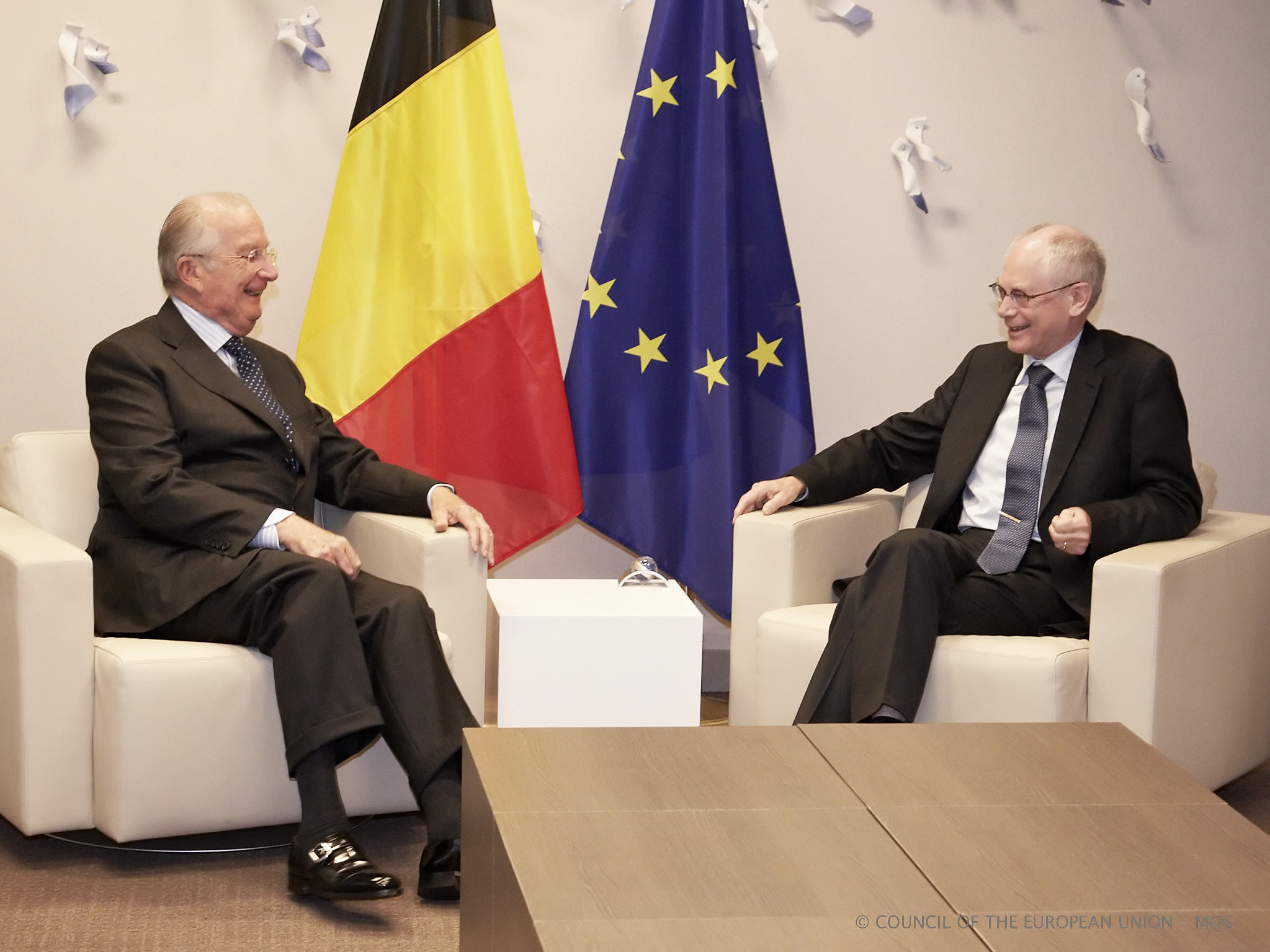Albert II, born Albert Félix Humbert Théodore Christian Eugène Marie in Brussels on June 6, 1934, is a pivotal figure in the modern history of Belgium. As the sixth king of the Belgians, Albert II ascended to the throne in 1993 and served until his abdication in 2013. His reign was marked by both triumphs and challenges, making him a unique and compelling figure in European royalty.

Early Life and Education:
Albert II’s early life was shaped by the tumultuous events of the 20th century. Born into the royal family of Belgium, he experienced the impact of World War II firsthand. The occupation of Belgium by Nazi forces and the subsequent liberation played a significant role in shaping his understanding of duty and service to the nation.
Albert II pursued his education with a keen interest in political and economic affairs, eventually earning degrees in political science, history, and economics from various European universities. This educational background equipped him with the knowledge necessary to navigate the complexities of the modern world.
Marriage and Family:
In 1959, Albert II married Donna Paola Ruffo di Calabria, an Italian aristocrat, in a union that would produce three children: Philippe, Astrid, and Laurent. The royal couple’s commitment to each other and their family became a symbol of stability during a period marked by social and political change in Europe.
Reign as King:
Albert II’s reign as king was characterized by an unwavering dedication to the well-being of the Belgian people. His commitment to unity and stability was tested during times of political uncertainty, including the formation of coalition governments and the challenges of linguistic and regional tensions within Belgium.
One of the most significant moments of his reign was Belgium’s adoption of the euro as its official currency in 2002, a decision that reflected the country’s commitment to European integration and cooperation.
Challenges and Abdication:
The latter years of Albert II’s reign were not without challenges. In 2013, facing questions surrounding a paternity scandal, the king chose to abdicate the throne in favor of his son, Philippe. This decision marked the first voluntary abdication in the history of the Belgian monarchy and demonstrated Albert II’s commitment to the stability of the institution.
Post-Abdication Life:
Since stepping down from the throne, Albert II has maintained a relatively low profile. He continues to engage in charitable work and occasionally makes public appearances, reflecting a sense of duty that transcends his formal role as king.
Conclusion:
Albert II of Belgium’s life and reign encapsulate a period of significant change in European history. His commitment to his country, his family, and the principles of stability and unity have left a lasting legacy. As Belgium continues to evolve, Albert II’s contributions to the nation’s history will be remembered as those of a king who navigated turbulent times with grace and dedication.







